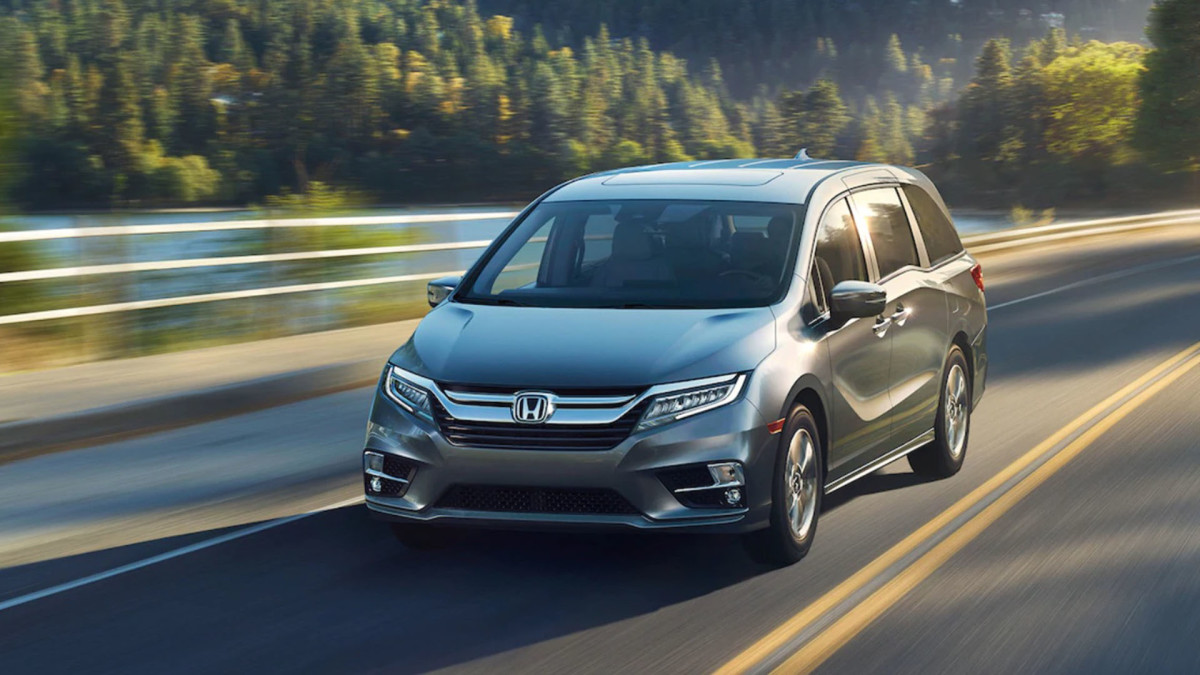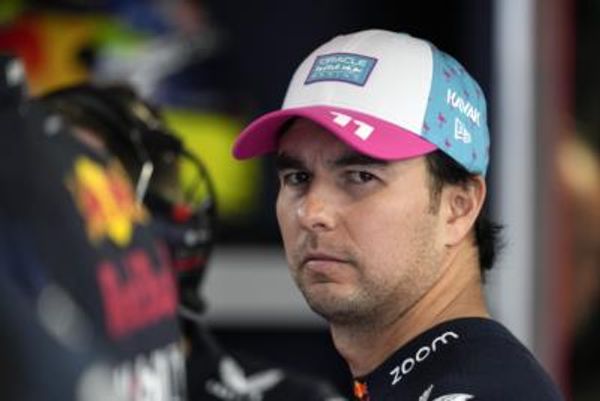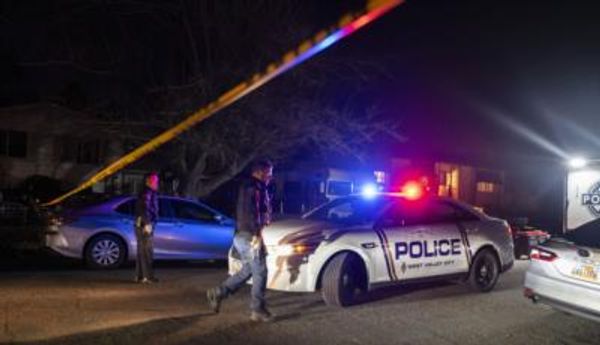
Family safety in automobiles, including sedans, trucks and minivans, has been a concern for consumers dating back decades.
The infamous Ford Pinto was discontinued after the company in the 1970s discovered a design flaw in the fuel tank that could cause explosions on impact. In the 1980s, the worst car in the world was considered by many to be the Yugoslavian-built Yugo GV, which went out of business in 1989, and was said to have killed three people for every 10,000 made, according to Insurance Navy.

Honda
And in the 1990s, investigations found that first and second generation Ford Explorers were equipped with Firestone tires that failed and caused 271 deaths and 800 injuries between 1991 and 2000, J.D. Power reported. Today, there’s major concern in the auto industry about one type of vehicle.
Minivans are a popular choice for family cars, but kids in the back seat may not be as safe as you think.
Minivans not getting good safety ratings
New data by the Insurance Institute for Highway Safety reveals that the Chrysler Pacifica, Kia Carnival, Toyota Sienna and Honda Odyssey failed to earn an acceptable or good rating in an updated test that emphasizes back seat safety. The Chrysler (STLA) -), Kia (KIMTF) -) and Toyota (TM) -) earned marginal ratings, while the Honda (HMC) -) was rated “poor” in their updated tests.
The institute’s moderate overlap front test was updated last year after it found that the risk of fatal injury is higher for passengers wearing seatbelts in the rear seats in newer vehicles, as front seat airbag and seat belt technologies became more advanced.
Related: Porsche engineers say they've fixed this common problem with electric vehicles
In the new test, a dummy the size of “a small woman or a 12-year old child” is placed behind the driver, and an “excessive risk of injury to the head, neck, chest or thigh” cannot be recorded by it. Unfortunately, flaws were found in all minivans tested.
“The restraint systems in all four vehicles leave the second-row occupant vulnerable to chest injuries, either because of excessive belt forces or poor belt positioning,” IIHS vice president of vehicle research Jessica Jermakian said in a statement. “That’s concerning because those injuries can be life-threatening.”
The Toyota was the only minivan tested by the IIHS that came equipped with rear seatbelt reminders, seatbelt pre-tensioners and and force limiters, but even with these features, the test dummy slid beneath the lap belt while the shoulder belt slid too close to its neck.
More Technology:
- The company behind ChatGPT is now facing a massive lawsuit
- Prominent EV company says latest deal will be the first of many
- Apple makes a big new move with Elon Musk's Twitter
The Kia and Chrysler’s seatbelt applied too much force onto the dummy’s chest. In addition, the Chrysler’s rear curtain airbag failed to deploy.
Rear seatbelts can be unsafe
While the rear curtain airbag deployed in the Honda, the IIHS found that the rear seatbelt allowed the dummy’s head to come too close to the front seat, which can be a head injury risk.
Though these results suggest otherwise, the institute emphasizes that the safest place for children in a car is the back seat, as children can be injured by an inflating front airbag. Additionally, they note that the rating does not apply to children secured properly in child safety seats.
“Back seat safety is important for all vehicles, but it’s especially vital for those, like minivans, that customers are choosing specifically to transport their families,” IIHS President David Harkey said in a statement. “It’s disappointing that automakers haven’t acted faster to apply the best available technology to the second row in this vehicle class.”
The IIHS has previously awarded the Chrysler Pacifica, Toyota Sienna and the Honda Odyssey with its Top Safety Pick+ designation, while the Kia Carnival was previously recognized as a Top Safety Pick. In previous criteria, rear seat passenger safety were not accounted for.
Get investment guidance from trusted portfolio managers without the management fees. Sign up for Action Alerts PLUS now.







